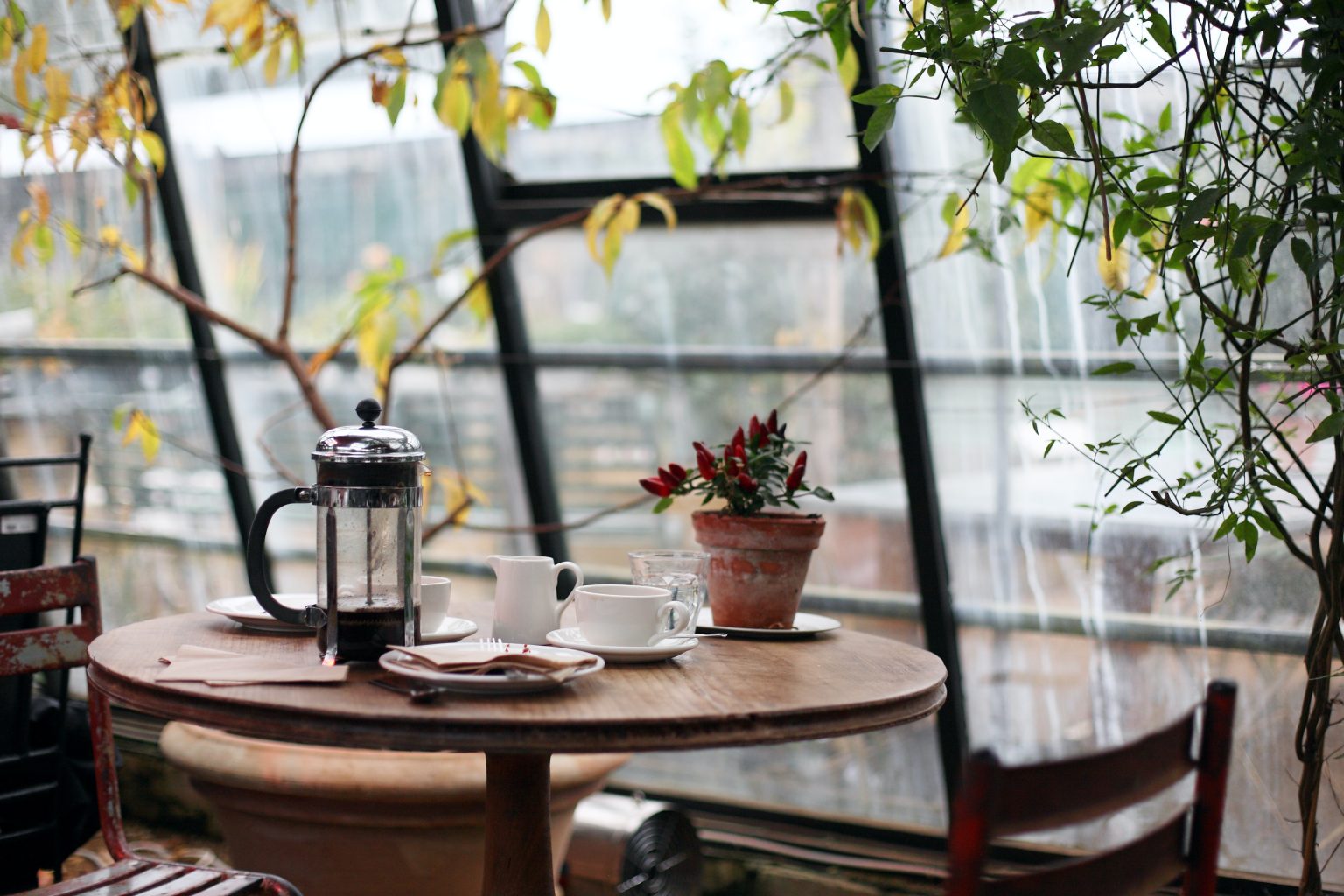Up until a few years ago hemp-based extracts were considered taboo and only available in a handful of states for the sole purpose of medical use. In recent years, however, the industry has exploded following the legalisation of numerous cannabis compounds and the recent passage of the federally sponsored 2018 Farm Bill.
Sales of CBD oil and related products have skyrocketed over the last few years and are estimated to reach $30 billion by 2027.
But what was once a market limited to just medical use, even for CBD, has now expanded significantly into other sectors, including food service-related businesses. According to hospitality staffing firm LGC, food and drink-infused CBD sales accounted for $3 billion in revenue in 2021, and the food infusion boom isn’t showing any signs of slowing down.
With such rapid growth and interest from consumers, more restaurants, bars, and local coffee shops than ever before are adding cannabidiol to their menus.
According to Cannabiva, a manufacturer of CBD products, sales to hospitality businesses are rising year-over-year, largely stemming from more customer demand and added profits for smaller local businesses.
CBD add-ons to mixed drinks, mocktails, coffees, and teas often command up-charges of $2 to $3, which help to boost revenues in an economic environment that has seen wholesale costs for businesses rise on everything from food and drinks to cups and napkins.
The Young America restaurant and bar in Chicago recently reported an 11% increase in sales from cannabidiol infusions, and they’re not the only ones, notes a U.S. Foods report citing increased profits by businesses that now include CBD as part of their offerings.
With customers looking for a mental boost or stress relief in the early mornings or relaxation in the evenings, CBD infused foods and drinks appear to be a product that benefits both, businesses and consumers.
What is CBD?
The cannabinoid known as CBD is extracted from hemp along with other compounds like THC (the psychoactive ingredient found in most marijuana products), CBN (Cannabinol), CBG (Cannabigerol) and many other “minor” cannabinoids.
Following extraction, the raw materials are often refined to produce specific types of distillates or isolates that can then be blended into products like CBD oils, gummies, CBD honey sticks, and edibles.
Revolutionary extraction technologies and processes make it possible to create blends that contain specific cannabinoid combinations, something that restauranteurs and drink shop owners have come to appreciate.
Full spectrum CBD oils, for example, contain a number of different cannabinoids, including THC, while broad spectrum CBD oils go through a process to remove this intoxicating compound. Pure isolate CBD products take things a step further, isolating only cannabidiol so that the purity of the product being taken is nearly 100% CBD extract.
For hospitality businesses, offering products that are beneficial to health and wellness without THC makes it easier to bring new users into the mix who would have otherwise shied away from trying these new products because of the decades-long stigma associated with cannabis.
With broad spectrum CBD or pure CBD isolate infusions, consumers can try novel products at their favorite restaurants without worry.
Is CBD legal?
Following 2018 legislation passed by the U.S. Congress, growing, extracting, manufacturing, and selling hemp-based products over the counter is legal as long as the content of the psychoactive ingredient THC is less than 0.3% by volume.
This small amount of THC in full spectrum blends contributes to CBD’s benefits, but it’s low enough that it does not have the effect of getting users “high.”
The legislation applies nationwide, and all U.S. states allow CBD oils and other hemp extracts like CBN and CBG to be sold, some with restrictions. Idaho, for example, requires that hemp products like CBD oil be completely free of THC for it to be legally sold.
In general, as long as the CBD contains less than 0.3% THC, all U.S. states allow it to be possessed and consumed.
Hurdles In Hospitality
Some major restaurant companies have yet to put CBD on their menus partly because it remains unclear whether food laws and FDA regulations allow it.
As the FDA and most state health departments have not yet issued rules on the safety of CBD as a food additive, some food service owners have held off until clear guidance is issued.
Others, however, have determined that because CBD is not illegal and consumers can purchase it at local nutrition and grocery stores, offering it to their customers doesn’t pose any legal or regulatory issues.
Where to next?
CBD sales across the United States will continue to grow as further evidence for CBD’s benefits are made available through research and clinical studies.
Moreover, consumers appear to respond well to its availability at their favorite local spots, especially following a hard day’s work. Many use it as an alternative option to consuming alcohol.
Some restaurants are now infusing desserts and other dishes with it, and innovations in food preparation with CBD will continue to evolve.
In coming years, we can expect to see CBD menu options become commonplace.



